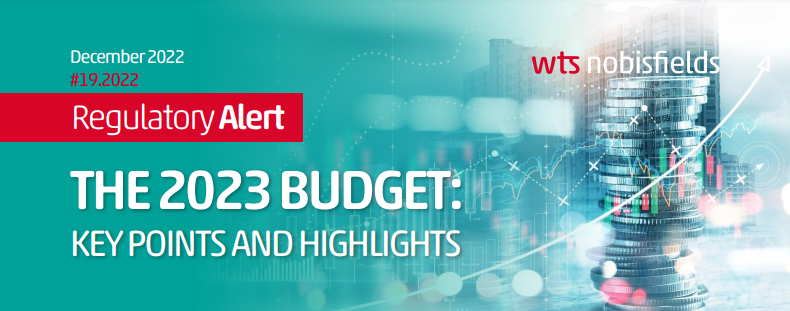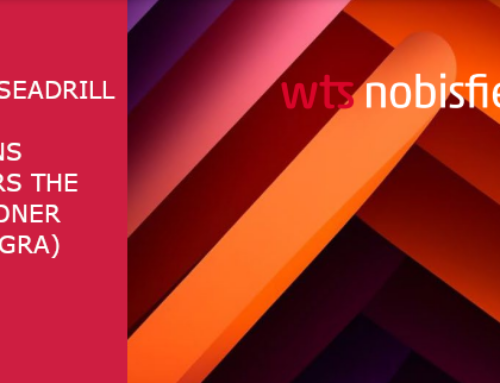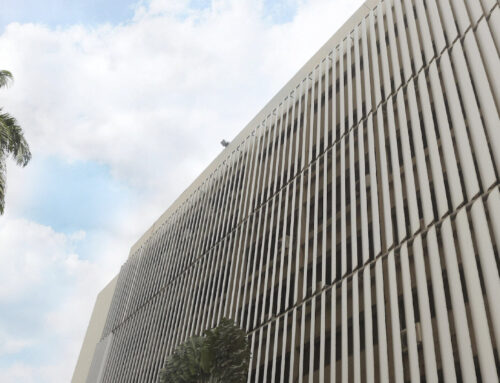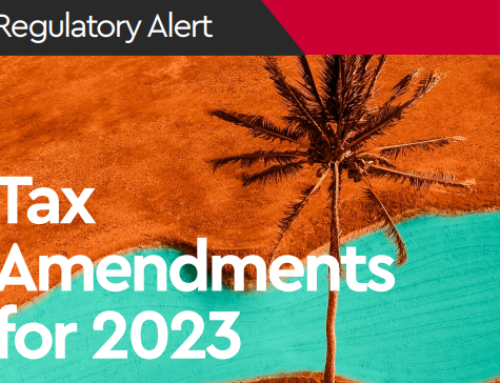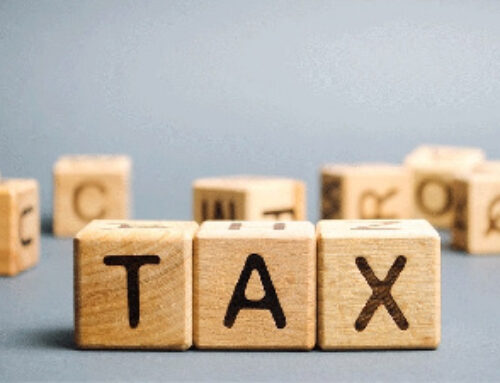On 24th November 2022, Mr. Ken Ofori-Atta, the Minister in Charge of Finance and Economic Planning presented to the Parliament of Ghana a draft budget for the fiscal year of 2023. The Budget was themed “Restoring and Sustaining Macroeconomic Stability and Resilience through Inclusive Growth and Value Addition”.
In this alert, we highlight the key Tax initiatives of the 2023 budget review below:
On 24th November 2022, Mr. Ken Ofori-Atta, the Minister in Charge of Finance and Economic Planning presented to the Parliament of Ghana a draft budget for the fiscal year of 2023. The Budget was themed “Restoring and Sustaining Macroeconomic Stability and Resilience through Inclusive Growth and Value Addition”.
Introduce an additional income tax bracket of 35% and a review of the upper limit of vehicle benefits
Key among the fiscal measures is Government’s intention to introduce an additional tax bracket of 35% in the taxation of employment income. Government also has proposed a review of the upper limit of vehicle benefits in the Income Tax Act.
Increase the concessionary rate from 1% to 5%
The Government has proposed to increase the concessionary tax rate from 1% to 5% in those sector specific industries.
Excise tax regime to be reviewed
The excise tax rate would be reviewed for spirits above that of beers. There will also be additions to the excise tax regime such as electronic smoking devices and liquids that are not currently taxed.
VAT rate to be increased from 12.5% to 15%
The 2023 Budget also seeks to increase the Value Added Tax (VAT) rate from 12.5% to 15%.
Taxation of realisation of asset and liabilities
Government has proposed a return and withholding tax rate for gains on realization of assets and liabilities. There is also a proposal for review of the optional rate for individuals for realization of assets.
Carry over of losses
Government has proposed a unification of the loss carried forward provisions in the Income Tax Act. The current provision is three (3) years for general industry and five (5) years for special industries specified under the law. The
unification would ensure a single period for carry over of losses irrespective of the industry.
Electronic transfer levy to be reduced from 1.5% to 1% and the abolishment of the minimum threshold
The Government intends to reduce the Electronic Transfer Levy from 1.5% to 1% and also abolish the minimum threshold of GHS100.
Introduction of self-clearing of goods by importers and phasingout of Benchmark discount policy
“The benchmark discount policy will be fully phased out in 2023 while the Customs Regulations, 2016 (LI 2248) will be amended to allow for self-clearing of goods by importers at the ports of entry without recourse to a customs
house Agent”.
